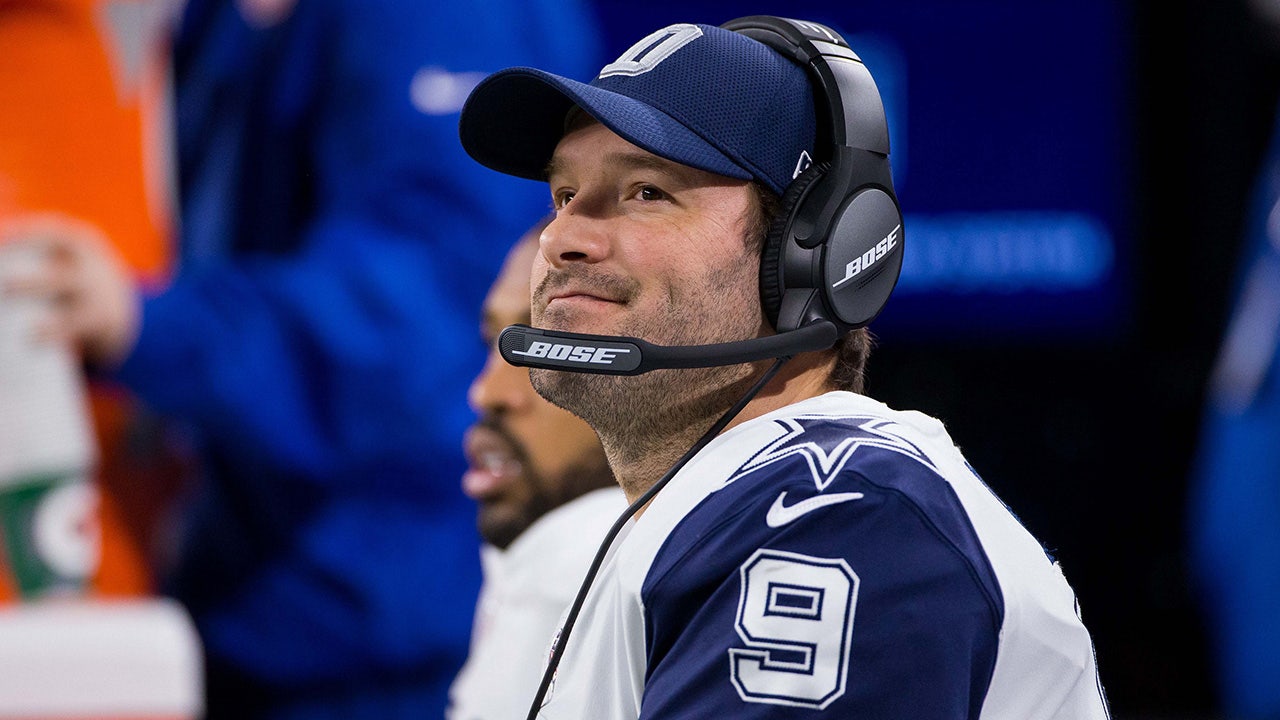California Governor Gavin Newsom on Friday announced an agreement tied to AB 1340 that allows Uber and Lyft drivers to organize and bargain at an industry level for pay and benefits.
California becomes the second state, after Massachusetts, to authorize app-based ride-hailing drivers to negotiate collectively across companies.
At a press conference, Newsom said the unionization framework is intended to give drivers a formal role in setting compensation and benefits.
“California is determined to give working people a voice, to give them choice, give them dignity and a say about their future,” he said.
I just signed legislation allowing the 800,000 rideshare workers in California to unionize.
California is determined to give working people a voice, to give them choice, give them dignity, and give them a say about their future. pic.twitter.com/E5O57nelYH
— Governor Gavin Newsom (@CAgovernor) October 3, 2025
This Could Be the Most Important Video Gun Owners Watch All Year
According to supporters of the measure, the arrangement was finalized in August following talks in Sacramento involving Democratic lawmakers, representatives of the Service Employees International Union (SEIU), and officials from Uber and Lyft.
The legislation, AB 1340, was introduced by Assemblymembers Buffy Wicks and Marc Berman and sponsored by SEIU California.
AB 1340 establishes rules for industrywide collective bargaining for app-based drivers.
The framework permits recognized driver organizations to negotiate with covered companies over minimum pay rates and access to employee-style benefits, including health insurance.
State officials and participating parties described the approach as a sectoral model designed to set baseline standards that apply across multiple ride-hailing platforms operating in California.
State materials and legislative summaries associated with AB 1340 indicate the policy applies to ride-hailing drivers who use app-based platforms to provide transportation services in California.
Supporters say the change aims to provide a path for drivers to seek improved compensation and benefit options through a formal bargaining structure rather than through separate company-by-company campaigns.
California officials and labor representatives noted the state’s ride-hailing workforce is large and dispersed, with drivers working part time and full time across metro and suburban regions.
Backers of the policy pointed to estimates that hundreds of thousands of drivers use the apps statewide.
The measure’s proponents said a sectoral framework offers a consistent process for negotiations while recognizing the existing marketplace in which multiple platforms compete for riders and drivers.
Uber and Lyft representatives participated in the drafting discussions that concluded in August.
The companies have adjusted driver pay structures and incentives in recent years while pursuing profitability targets.
Driver organizations and labor groups have advocated for minimum earnings floors and access to benefits that resemble those available to traditional employees, including health coverage and other protections.
The move in California follows Massachusetts, which previously adopted a policy permitting industry-level bargaining for ride-hailing drivers.
In both states, supporters say the approach is intended to create a stable standard for compensation and benefits while preserving the underlying app-based model that allows drivers to accept rides on a flexible basis.
The policy discussion also occurs alongside technological developments in the transportation sector.
Companies including Google’s Waymo and Tesla have advanced autonomous vehicle programs that operate in California and in other states such as Arizona and Texas.
As self-driving taxis surge, Newsom signs a deal that could put ride-share drivers out of a job @ScottAdamsSays “So we’re 1-2 years away from every Uber and Lyft driver losing their job because they can’t compete with self driving taxis.
And Newsom wants to make it more… pic.twitter.com/Pqr71Lbblx
— jay plemons (@jayplemons) October 4, 2025
Industry analysts and participants have debated how automation could affect long-term demand for human drivers and the structure of compensation across app-based services.
AB 1340’s sponsors said the legislation is designed to establish a process for driver organizations to be recognized and to begin bargaining with covered companies.
The measure outlines roles for state officials in certifying representative groups and in overseeing negotiations that set baseline compensation and benefit terms.
Additional administrative steps are expected to define timelines for recognition and bargaining sessions once the framework is in effect.
California’s adoption of an industrywide bargaining model places it among a small number of states pursuing sectoral arrangements for app-based transportation work.
With AB 1340 in place and the August agreement referenced by participants, drivers in the state will be able to form or join organizations to negotiate minimum pay and access to benefits across Uber and Lyft, consistent with the rules set out in the measure.
Read the full article here


![Did Gavin Newsom Just Accelerate 800,000 Drivers’ Trip to the Unemployment Line? [WATCH] Did Gavin Newsom Just Accelerate 800,000 Drivers’ Trip to the Unemployment Line? [WATCH]](https://www.lifezette.com/wp-content/uploads/2025/08/2025.08.21-09.20-lifezette-68a6e4f435826.jpg)





![Trump Warns Hamas to ‘MOVE FAST,’ or ‘MASSIVE BLOODSHED WILL FOLLOW’ [WATCH] Trump Warns Hamas to ‘MOVE FAST,’ or ‘MASSIVE BLOODSHED WILL FOLLOW’ [WATCH]](https://www.lifezette.com/wp-content/uploads/2025/10/2025.10.06-10.53-lifezette-68e39f9816fa4.jpg)


![ICE Attackers Arrested in Chicago, Kristi Noem Shocked by JB Pritzker’s Actions [WATCH] ICE Attackers Arrested in Chicago, Kristi Noem Shocked by JB Pritzker’s Actions [WATCH]](https://www.lifezette.com/wp-content/uploads/2025/05/2025.05.07-11.28-lifezette-681b43c6d3ac2.jpg)